Remember
On this day in 1981, our first child was born. She was our perfect little miracle, even if billions of women before me had experienced the wonder of childbirth. Between contractions, I caught glimpses of the ubiquitous television coverage of the triumphant return of hostages held by Iran for 444 days. Thousands had gathered on Washington’s Pennsylvania Avenue to greet them in a display of emotion and patriotism reminiscent of the enthusiasm and relief Americans must have felt at the end of World War 2. Forty-six years before, on this date, Soviet soldiers entered the Nazi concentration camp and killing center complex known as Auschwitz-Birkenau, liberating more than 7,000 remaining prisoners barely clinging to life. Since 2005, the world has commemorated this date as International Holocaust Remembrance Day.
Born just four years after Germany’s surrender in 1945, I was keenly aware of the Holocaust because my parents had fled Nazi Germany, arriving in New York in 1941. But, at school, I was puzzled that the Holocaust was barely mentioned in World War 2 history texts. As Germany was developing into an ally against Communism, it seemed that some wanted to downplay the regrettable “mistakes” of the past. Even to me, the systematic murder of six million Jews and other “undesirables” was impossible to comprehend, and seemed a little like ancient history.
Fast forward to the present day, and we see a disheartening trend, particularly among Millenials (now in their forties) and Gen Z (those born 1997-2012). In many ways, these generations are among the best-educated and most socially conscious, yet there is a disturbing lack of knowledge when it comes to the Holocaust. A 2020 survey discovered that 1 in 10 young Americans did not recall ever having heard the word “Holocaust” before. Sixty-three percent did not know that 6 million Jews were murdered, while half of those believed the toll was under 2 million. Seven percent were not sure the Holocaust actually happened, while an additional 3 percent denied it altogether. Especially disturbing to me, 11 percent believed that Jews caused the Holocaust. On social media, Holocaust denial persists, and, as we all know, antisemitic attacks are increasing at alarming rates.
You might attribute this amnesia or lack of education to distance; after all, World War 2 never spilled onto the shores of the continental U.S. and Nazi camps and killing centers seemed far away. But a survey released days ago shows that many residents of the Netherlands are ignorant of their own history. Sixty percent of Millenials and Gen Z respondents did not identify the Netherlands as a country where the Holocaust took place – despite the fact that more than 100,000 Dutch Jews were killed in the Holocaust. That number represents more than 70 percent of the Netherlands’ pre-war Jewish population, the largest number of Jewish victims in Western Europe. Despite the worldwide renown of diarist Anne Frank, whose family hid underground in Amsterdam before dying in the Bergen-Belsen concentration camp, 12 percent of respondents told researchers that the Holocaust was either a myth or that the number of deaths was grossly exaggerated. In the Netherlands, that astonishing number rises to 23 percent for those under the age of 40. Consider that as early as February 1941, the first pogroms began on Dutch soil as Nazi policies were put into place.
Of all the disheartening findings of these surveys, one worries me the most. In 2020, only 43 percent of Americans realized that Adolf Hitler became chancellor of Germany through a democratic political process. And, judging from personal conversations, all too often the boundless horrors are all attributed to him, as if it’s easier to blame it all on a single man.
Why should we care? The lessons of the Holocaust are all too relevant today. Human rights abuses, hatred, racial injustice and even genocide are not things of the past. This year, the United Kingdom has chosen a powerful theme for its commemoration of the Holocaust: ordinary people. “Genocide is facilitated by ordinary people,” says the website of the Holocaust Remembrance Day Trust. “Ordinary people turn a blind eye, believe propaganda, join murderous regimes. And those who are persecuted, oppressed and murdered in genocide aren’t persecuted because of crimes they’ve committed – they are persecuted simply because they are ordinary people who belong to a particular group (eg, Roma, Jewish community, Tutsi).” While remembering the Holocaust, we must also recognize the genocides in Cambodia, Rwanda, Bosnia and Darfur. “Ordinary people were perpetrators, bystanders, rescuers, witnesses – and ordinary people were victims.”
My husband is a retired middle school teacher of American and world history. While listening to the news, he often says with dismay, “Every generation has to learn for itself.” Indeed, it does seem that we often repeat the mistakes of the past, but I hope that we will rededicate ourselves to telling the stories of the Holocaust until everyone, even the young, understand the consequences of forgetting.
